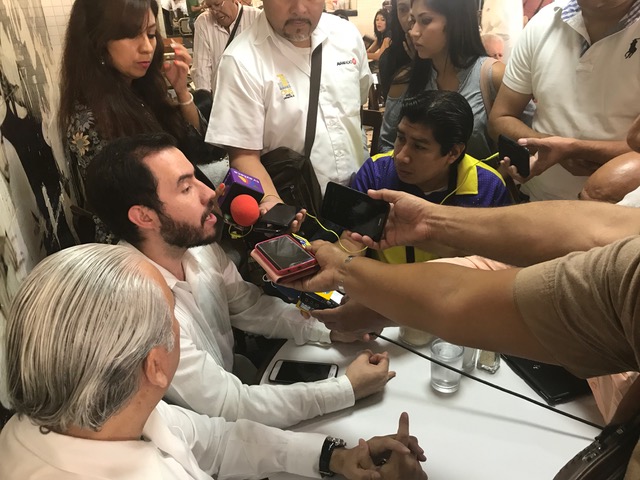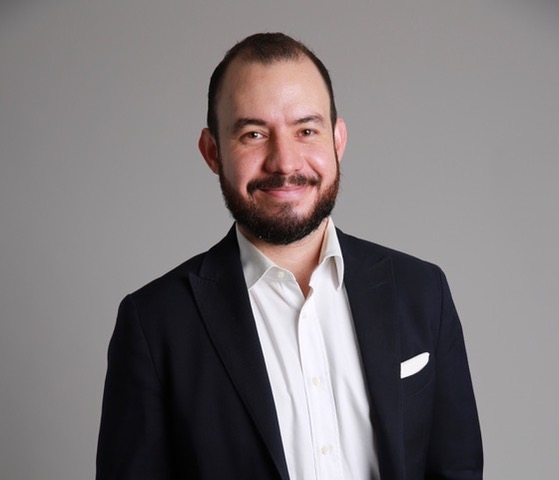

"Usually, it is challenging for national organisations and NGOs to work with governments. The set of meetings initiated by UNODC in Mexico was an important step to foster the exchange among government and non-government stakeholders. It was the first time that we could openly talk about difficult subjects or express our insights and the authorities did not feel that we were attacking them, and we do not feel that they were closing doors,” says Leonel. At the first Constructive Dialogue on Firearms, Observatorio Nacional Ciudadano’s contributions focused on how particular national realities interrelate with the larger regional dynamics of transnational organized crime.
Currently, the Observatorio Nacional Ciudadano is looking forward to participating in the Review Mechanism of UNTOC and promoting the involvement of local governments and organizations in responding to the Self-Assessment Questionnaire.
An interactive data platform to consult any kind of crime reported in Mexico
Visit the UNODC-Civil Society Unit’s website for training opportunities.